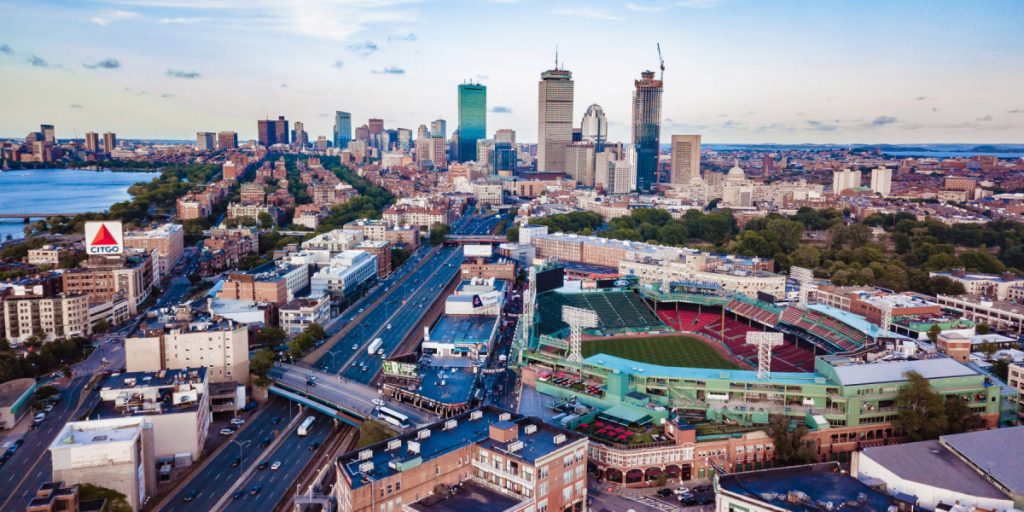The Boston City Council today voted unanimously to ban facial recognition, making Boston the largest city in the country to ban the technology since San Francisco passed the first citywide ban in May 2019. Nearby Somerville, Massachusetts passed a facial recognition ban roughly a year ago as well.
The vote in Boston comes the same day that news emerged about Robert Williams, a Black man living in Detroit, who was arrested for first degree retail fraud last summer after being falsely identified by facial recognition. Advocates in favor of a ban say Williams’ case is the first known instance of false arrest due to misidentification by facial recognition. Members of the Boston City Council cited bias toward people with dark skin and the Williams arrest as reasons for the ban.
Joy Buolamwini from MIT Media Lab in Boston testified in favor of a citywide ban earlier this month. Buolamwini was lead author of Gender Shades, an audit of major facial recognition providers that found the tech works best on white men and worst on women with dark skin. A study by the Department of Commerce’s National Institute of Standards and Technology (NIST) also found high rates of misidentification for Asian Americans and African Americans, as well as people who do not conform to a single gender role.
Boston’s ban comes as lawmakers are facing increased pressure to reduce surveillance tactics and defund police agencies. Rep. Jimmy Gomez (D-CA) told VentureBeat recently that facial recognition regulation is on the way from Congress with a moratorium on use by federal law enforcement.
Privacy advocates are sometimes split on whether a temporary stay or moratorium on facial recognition use will suffice or if an outright ban is necessary. People in favor of bans often argue that even if AI practitioners remedy racial performance disparities, it’s still technology that will disproportionately impact people of color and in particular Black communities.
